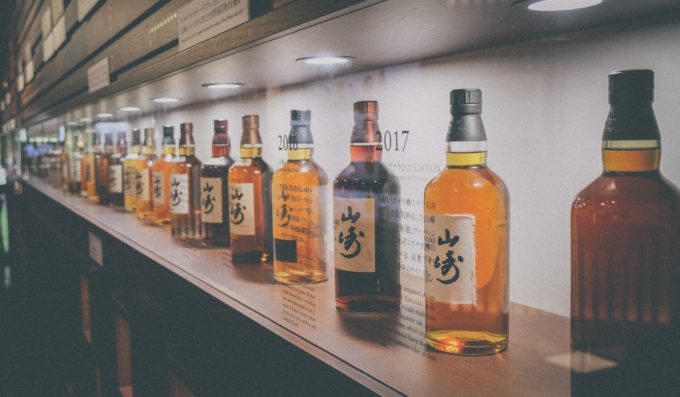For three years, he brought members of Beam’s senior management team to Tokyo, giving them the opportunity to experience the company’s philosophy first-hand and see projects such as Suntory’s Natural Water Sanctuaries, now numbering more than 20 across Japan, with a total area of 12,000 hectares.
“That led to lots of dialogue between the two sides,” he says. “Then, those senior managers went back to the US and talked about their experience with Suntory in Japan – they became evangelists for our values.”
At the same time, he sent Japanese middle managers to the US. “There they played a key role in linking senior management with rank-and-file staff – a function that’s a prerequisite for the success of any integration, and the big trigger for doing something new.”
The outcome? In the next five years, Beam performed very well in terms of sales and profits.
Promoting better drinking
Alcohol, the substance at the heart of Suntory’s empire, is also being rethought by the company.
“We’ve been shifting toward premiumization – that’s less drinking, but better drinking: a lower amount of alcohol, but more relaxation, more comfortable drinking by drinking great brands,” says Niinami.
A new capitalism?
Niinami completed his MBA at Harvard Business School in 1991, during the heyday of neoliberal capitalism and just ahead of the bursting of Japan’s asset price bubble.
Looking back, he recalls being surprised that ethics didn’t feature higher on the curriculum.
“When I was at Harvard, I thought ethics and greed could work together – greed being the animal spirit you need to drive innovation and create something valuable, but balanced on the other side by ethics,” he says. “But that wasn’t discussed much. There was a class in my first year on business ethics, but it wasn’t an accredited class.”
“I still believe in the value of capitalism,” he says, adding that its social and environmental costs have to be addressed. “Can we have a new capitalism that redistributes wealth to those who are in poverty and with less use of natural resources? These are the major things we have to fix.”
Keeping it real
For Niinami, leadership includes managing one’s appearance and behavior. Behind the scenes or at home with his family, he’s often exhausted. “But in front of our people, I have to be the main actor,” he says. “For me, being authentic as a CEO means being connected to values, but also managing yours in a way that means we come across as representing those values.
“And this is a very important point. Too often people think that such acting is not authentic. No. It is authentic, as long as you’re still passionately connected to your values.”
YouTube


